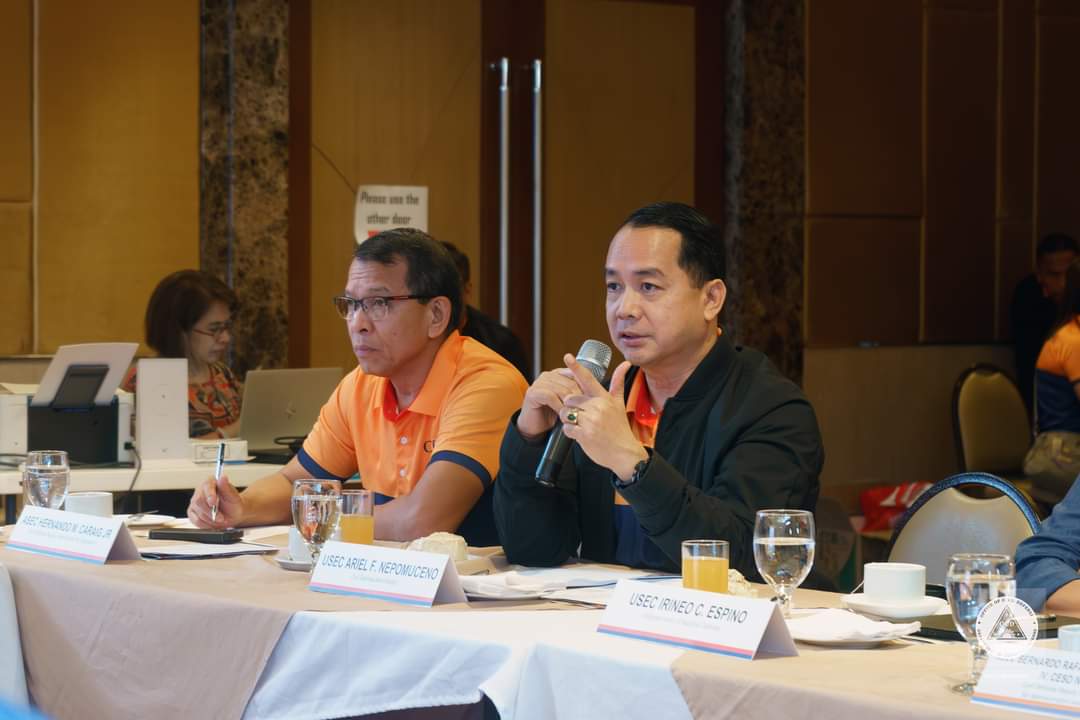
The Office of Civil Defense (OCD) is eyeing to reinforce its partnerships with various stakeholders to enhance the effectiveness of its disaster risk reduction and management (DRRM) efforts.
OCD Administrator Undersecretary Ariel Nepomuceno directed regional directors to lead the efforts as he emphasized the importance of effective implementation of DRRM agreements and enhance the effectiveness of DRRM efforts across all thematic areas.
“As we establish partnerships and formalize agreements, it is crucial to guarantee their proper and effective implementation,” he said.
Nepomuceno said the OCD has been continuously seeking to expand partnerships and engagement in DRRM initiatives, particularly in earthquake preparedness.
The agency recently convened with the Philippine Institute of Civil Engineers (PICE) and the Association of Structural Engineers of the Philippines, Inc. (ASEP) to explore collaborative initiatives aimed at fortifying earthquake preparedness.
Meanwhile, it also ramped up its training and capacity-building programs through collaborations with educational institutions, local government units, and other government agencies.
Nepomuceno directed the development of specialized and hazard-specific training modules to be led by the Civil Defense and Disaster Management Training Institute (CDTI) for such endeavor.
“While an all-hazards approach in our training programs is crucial for maintaining adaptability and preparedness to confront a wide range of hazards and emergencies, targeted and hazard-specific trainings tailored to address the particular hazards prevalent in specific regions or areas is also necessary,” Nepomuceno said.
During a gathering in March 2024 with local and international partners, Nepomuceno highlighted the role of the CDTI in “providing the needed knowledge, training, and the development of the collective muscle memory, automatic response, and the enhanced preparations needed by the country.”
The institute is designed to serve as a hub of high-quality education and training for all stakeholders.
To better respond to the DRRM needs of the public, Nepomuceno also said that the OCD has to modernize its equipment and facilities.
The OCD has embarked on a five-year modernization program from 2023 to 2028 which is composed of 34 projects that aim to strengthen tactical programs, launch legacy projects, formulate comprehensive resilience master plans and improve internal operations.